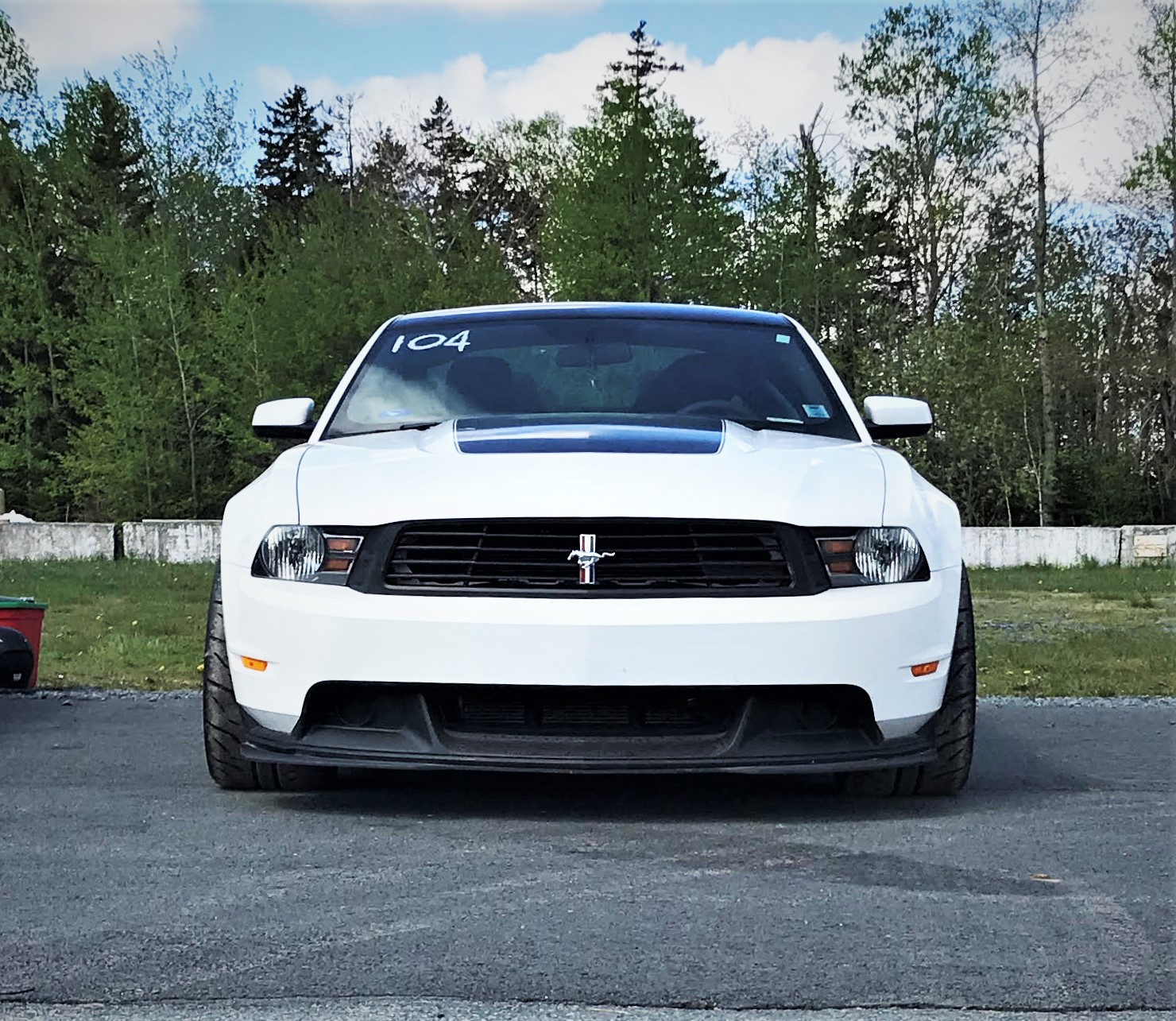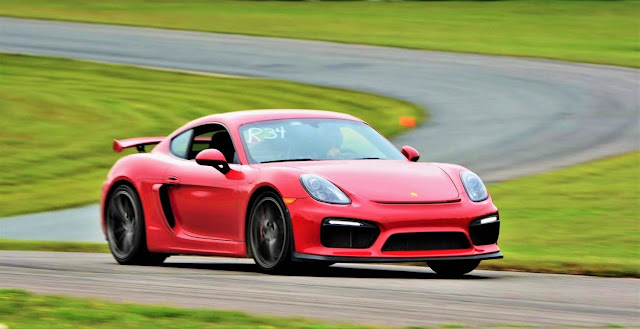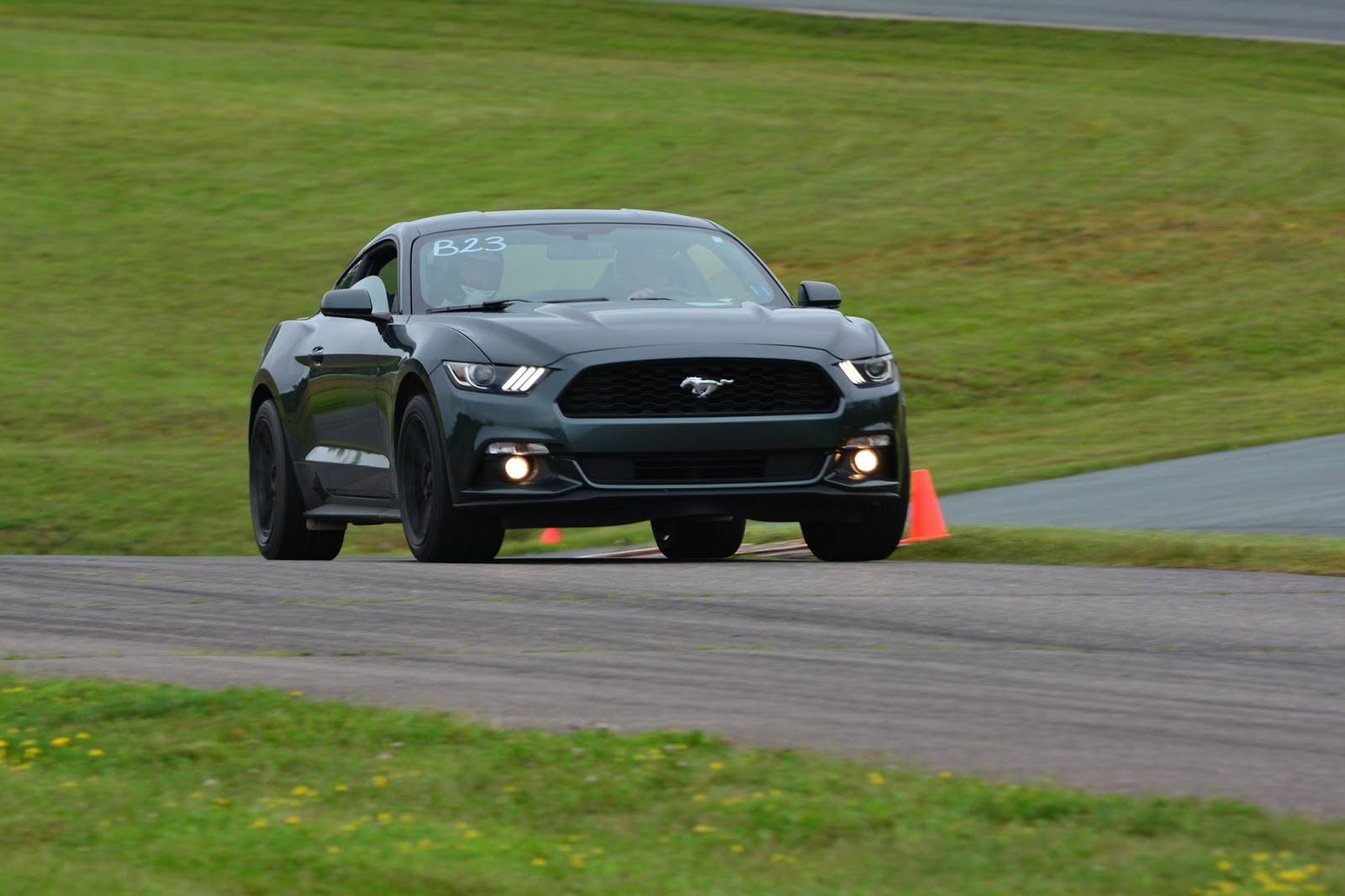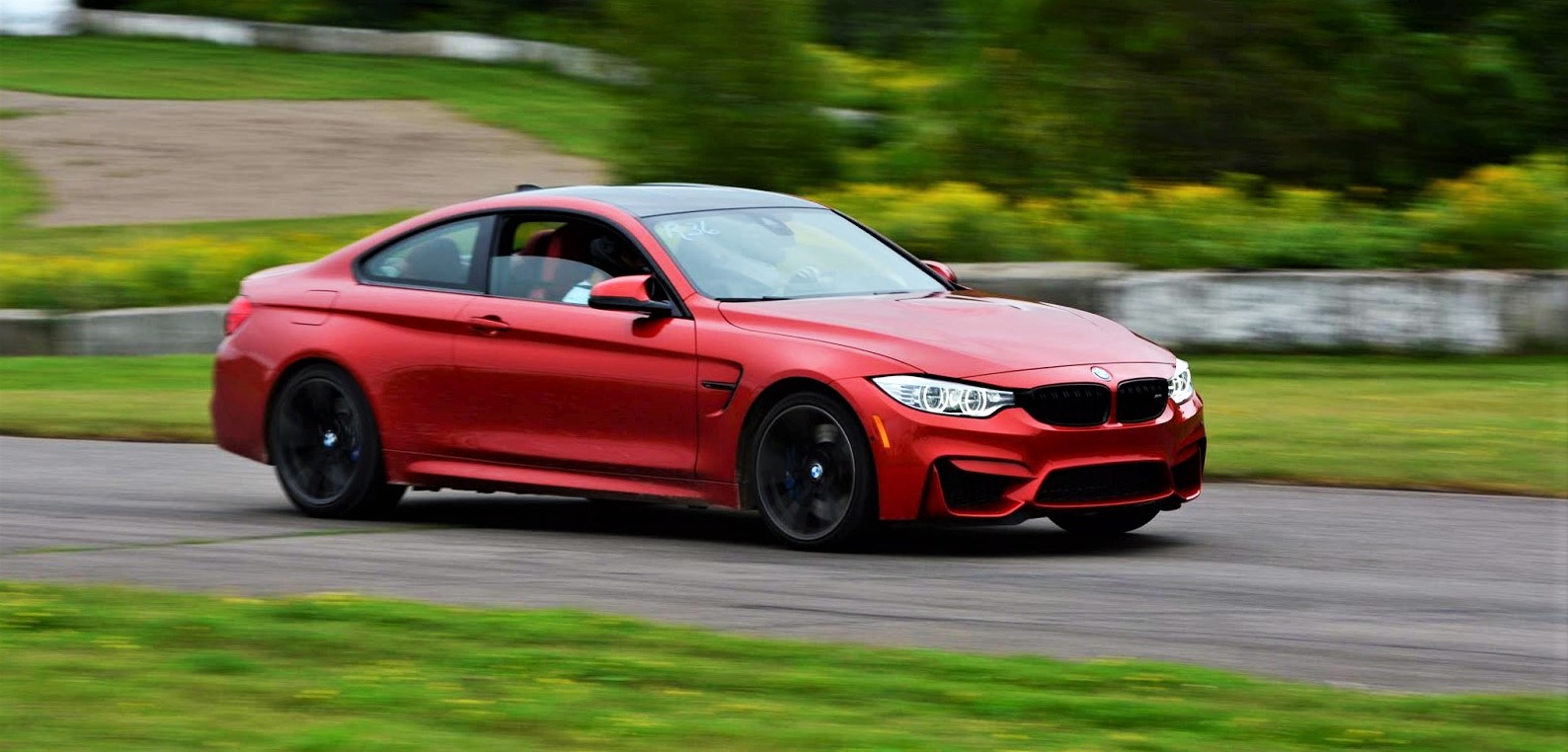Photography by: Graham MacNeil Ford really wants to sell you a Mustang with a turbo four cylinder. They started by derating the V6 engine in the 2015 S550 compared to the 2011-2014 S197 V6 to make the EcoBoost 2.3 litre more differentiated. Then, they offered a performance pack on the EcoBoost but not on the V6. Now, they killed the V6 all together for 2018 and will only sell you a V8 or this EcoBoost. I love a good V8, everyone who knows me knows that. This is a Mustang, which means it needs a V8. If those aren't enough reasons, I always prefer natural aspiration over forced induction. That's three strikes against the EcoBoost-powered Mustang. But I'd be lying if I said the idea never intrigued me. It's the lightest (if you account for features). It has the best weight distribution. It has the same great chassis as the GT. It's very affordable and it has a lot of potential to make more power. Aftermarket? Endless support. There's plenty of good about it.
Last year, I picked up a 2009 Lancer Ralliart to do a long term test with it as a dual duty track/daily. One of the first things I knew I was going to do was put a decent set of tires on it. The car came without OEM wheels which was actually good because I didn't have to hesitate about getting a good set of aftermarket wheels to support going wider. Thankfully, my friends at YST Auto Halifax set me up with a great set of Superspeed RF03RR wheels. The Wheels I had never even heard of Superspeed but I trusted the good folk at YST Auto who mentioned some customer cars running on track with them. These wheels are rotary forged which is basically a prerequisite to be taken seriously in this market populated by companies like TSW and Fast Wheels. The wheels looked like a high quality, well finished wheel and each had a "QC" check sticker on. Just for appearances? Maybe, but I found no defects. The wheels seemed easy to balance (didn't need many weights) and at 18.1 lb. f










